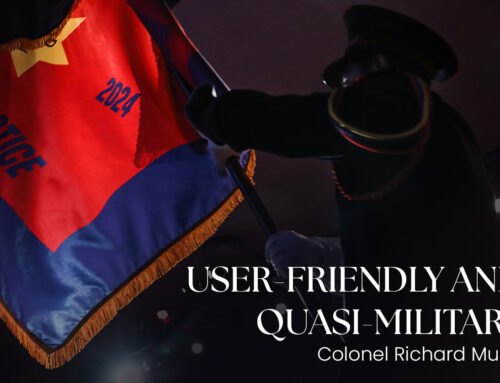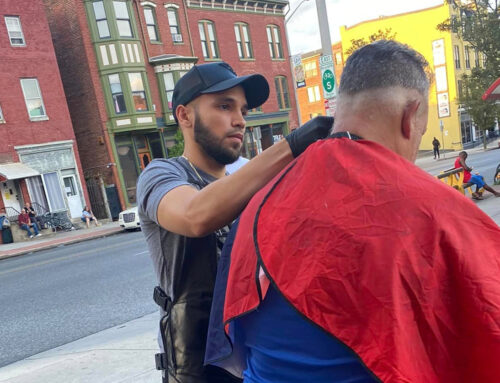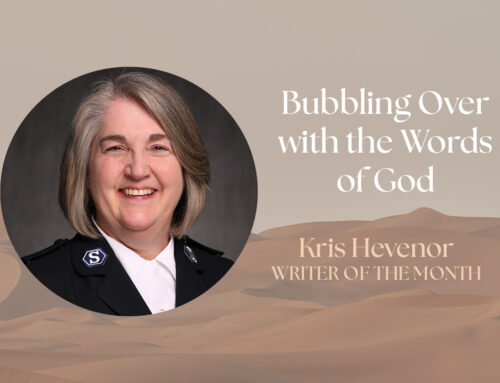Sacraments
Deeper Doctrine
By: Colonel Rick Munn
Sacrament – a mysterious word, like Trinity, not found in Scripture, yet central to the Church.
Roman soldiers pledged an oath of allegiance to Caesar – a sacramentum – an outward action signifying an inward sense of obligation. Thus, the classic definition of sacrament: ‘an outward and visible sign of an inward and spiritual grace’
The Eastern Orthodox and Roman Catholic Church have 7 sacraments and understand them as ‘visible words of God.’ So, baptism is the vehicle for God’s forgiveness and cleansing, and communion actually carries the real presence of Christ.
The Protestant tradition has 2 sacraments, baptism and communion, and broadly speaking sees them with a more symbolic understanding, a reminder of grace already given, a memorial.
The Salvation Army, while deeply respecting fellow believers for whom sacramental ceremonies are cherished, does not practice such rituals, believing rather that no ceremony is essential to salvation, and that scripture attests that the life we live is more important than the rituals we observe.
Indeed, we emphasize our freedom in Christ, and oppose fixed forms and rituals as necessary to salvation.
This diminished formalism and ritualistic religion means that Salvationists are in the prophetic rather than the priestly tradition, with an emphasis on the immediacy of grace.
We can approach the subject with both humility and confidence. Though rituals can be regarded as dispensable, the grace we seek is not. General Frederick Coutts says it well: “Our position is not due to any theological carelessness or slap happy evangelism. This is a matter of utmost consequence.”
Holiness without rituals – do this in remembrance of me.




